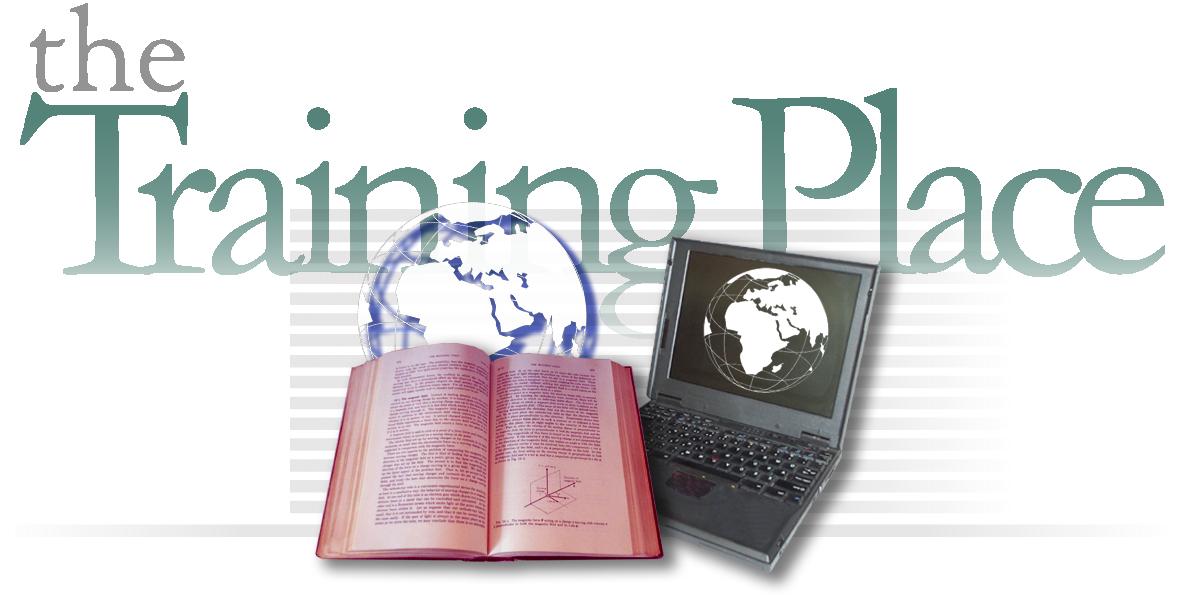| For
example, in understanding the extent and depth of
an individual's fundamental belief about why,
when, and how to use learning and how it can
accomplish personal goals or change events is
fundamental to understanding how successfully the
individual learns and experiences intentional
learning. In contrast, how well instructors and
course designers understand learning
orientations, is, in turn, how well they can
present instruction that motivates and encourages
successful intentional learning. The theoretical basis for
the successful intentional learning theory and
construct hypothesis initially derives from
careful review of contributions of key
researchers working in the area of psychological
and developmental educational research, including
discussions about intentionality, metacognition,
learning efficacy, expertise building,
intentional learning, metalearning, conation,
cognition, achievement and intrinsic motivation,
constructivism, and self-regulated learning
(see references): Bereiter & Scardamalia,
1996; Pintrich, 1995; Schraw & Dennison,
1994; Cheng, 1993; Corno, 1993; Flavell, 1992,
1979; McCombs, 1991; Bandura & Wood, 1989;
Bereiter & Scardamalia, 1989; Pask, 1989;
Snow, 1989; Zimmerman, 1989; Ajzen, 1988;
Schmeck, 1988; Weinstein, Goetz, & Alexander,
1988; Brown, 1987; Bandura, 1986; Corno, 1986;
Davidson, 1986; Kuhl & Atkinson, 1986; Biggs,
1985; Deci & Ryan, 1985; Glaser, 1984; Kuhl
& Blankenship, 1979; Dennett, 1978; Deci,
1975; Weiner, 1972; Tolman, 1932).
Additionally, this
research relies on individual difference theory
and foundations steming from the neurobiology of
learning and memory research, including Zull, 2001; Ledoux, 2002, 1998 and many others. This
research particularly emphasizes the fundamental
impact of emotions on cognition, learning and
living, particularly the human capacity for fear
and pleasure and the need for individuals to feel
empowered and in control. More info?
|

